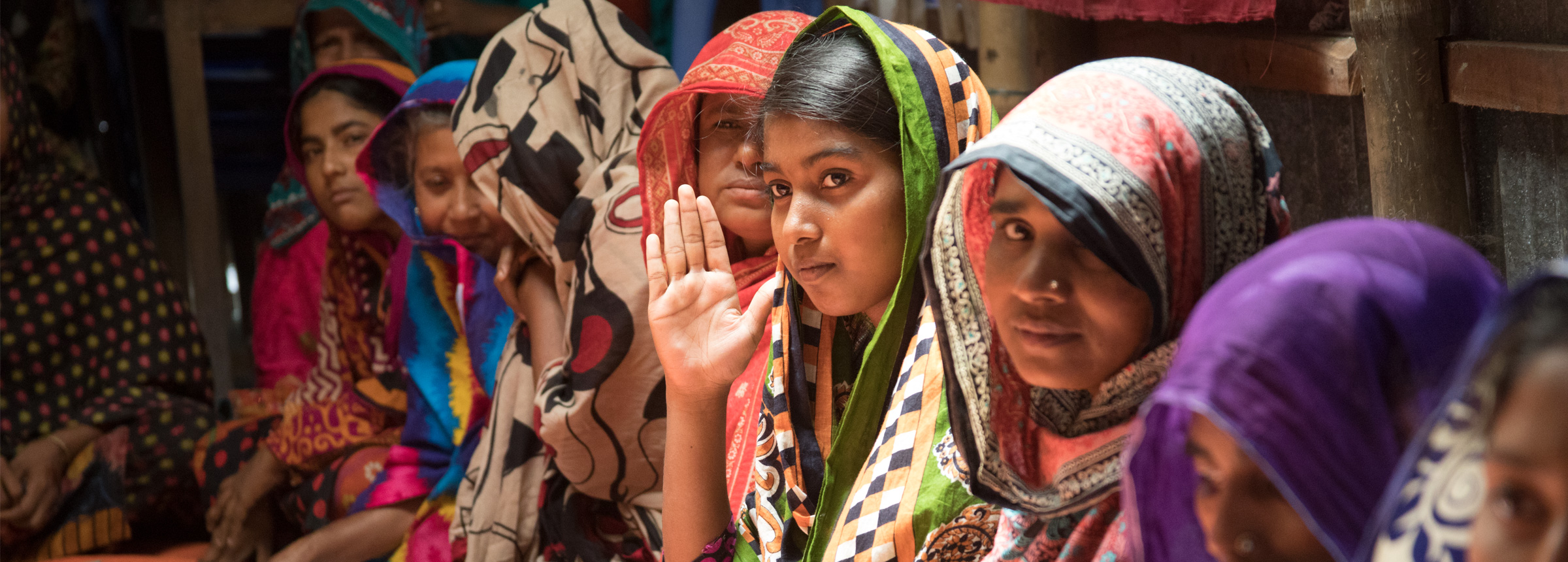Projects
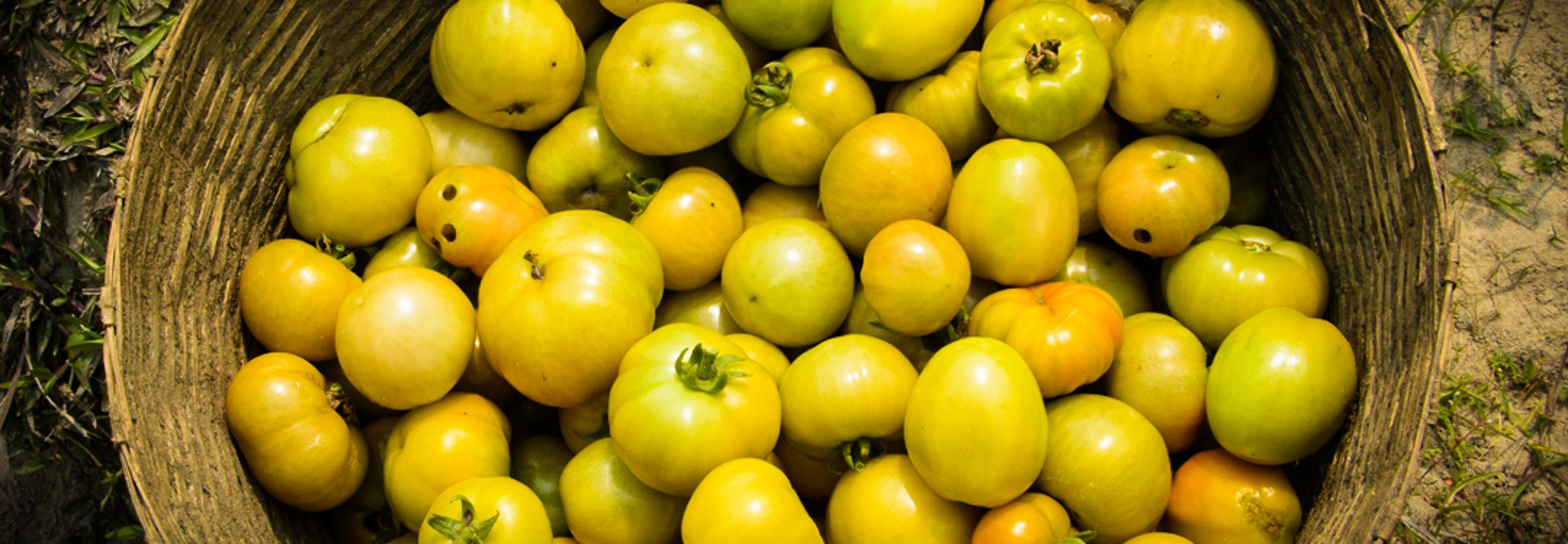
Cold Chain Bangladesh Alliance
Crops that spoil or arrive at market in a condition consumers reject are a missed opportunity for Bangladesh to reduce its food insecurity and increase the profits of its small farmers. To address that problem, the Cold Chain Bangladesh Alliance is helping small farmers produce high-value products local consumers want and to establish the cold…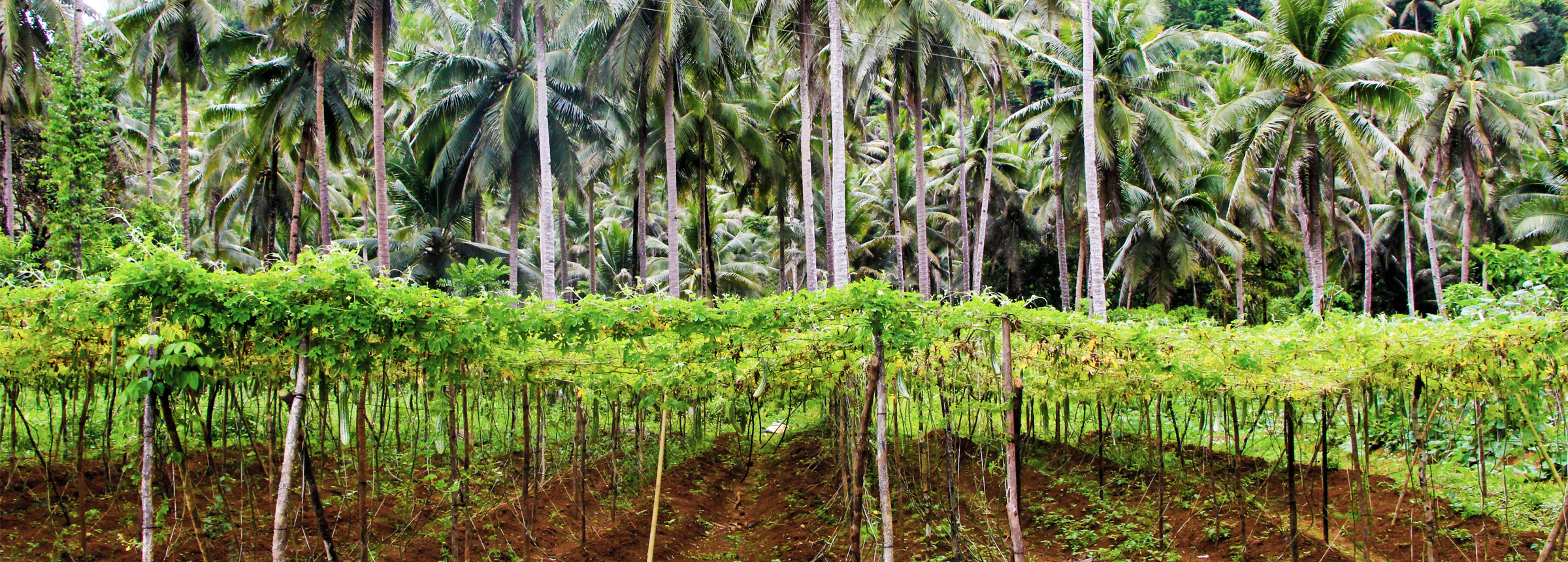
Philippines Cold Chain Project (PCCP)
Crops that spoil or arrive at market in a condition consumers reject are a missed opportunity for the Philippines to reduce its food insecurity and increase the profits of its small farmers. To address that problem, the Philippines Cold Chain Project works to help smallholder farmers and fishermen on the island of Mindanao to produce…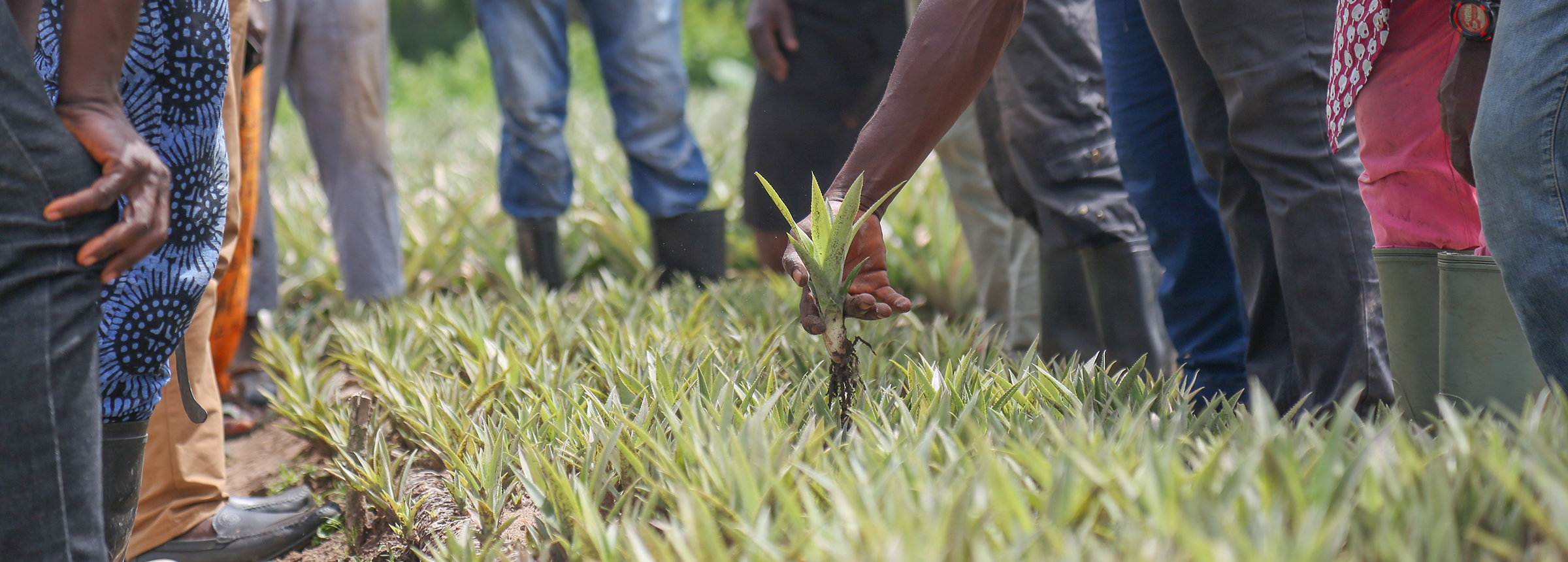
Farmer-to-Farmer for Agriculture Education and Training
To meet Sub-Saharan Africa’s food security and economic challenges, the entire agriculture sector must learn new skills and embrace innovative technologies. Effective agriculture education and training providers — ranging from institutions providing formal certificates and diplomas to NGOs, agribusinesses, and cooperatives that directly train farmers — are absolutely essential in this task. Volunteer experts from…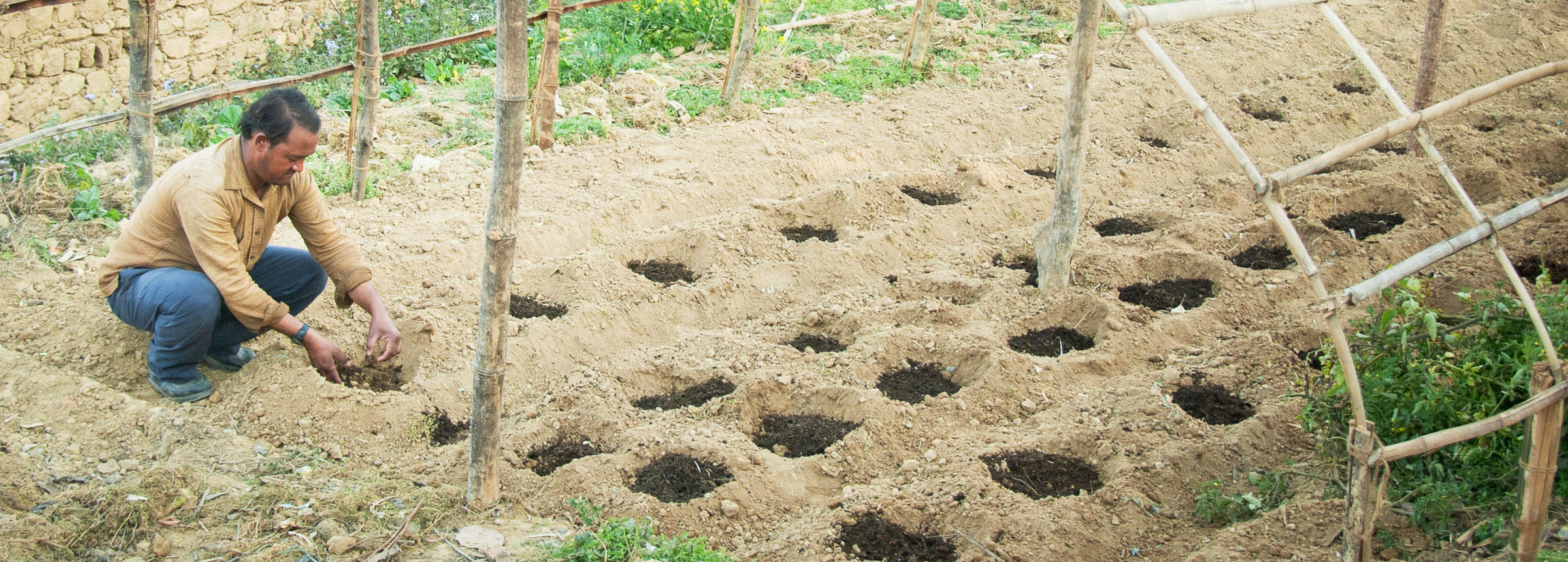
PPP for 4Gs
The hilly city of Ilam in eastern Nepal is known both for its expansive tea production and its environmental consciousness. Those two themes come together in this public-private partnership to establish a new municipal waste management system. The project will establish a partnership between Ilam Municipality and the private sector that fuels commercially driven solid […]
Ontario Pay-for-Performance
Years of agricultural run-off have deposited large amounts of phosphorous-laden fertilizer into Ontario, Canada’s Lake Simcoe. Though fertilizer can help boost crop production, its presence in rivers and lakes harms water quality. This program aids the Ontario government’s efforts to improve Lake Simcoe’s health by creating and developing incentives that encourage farmers to reduce the…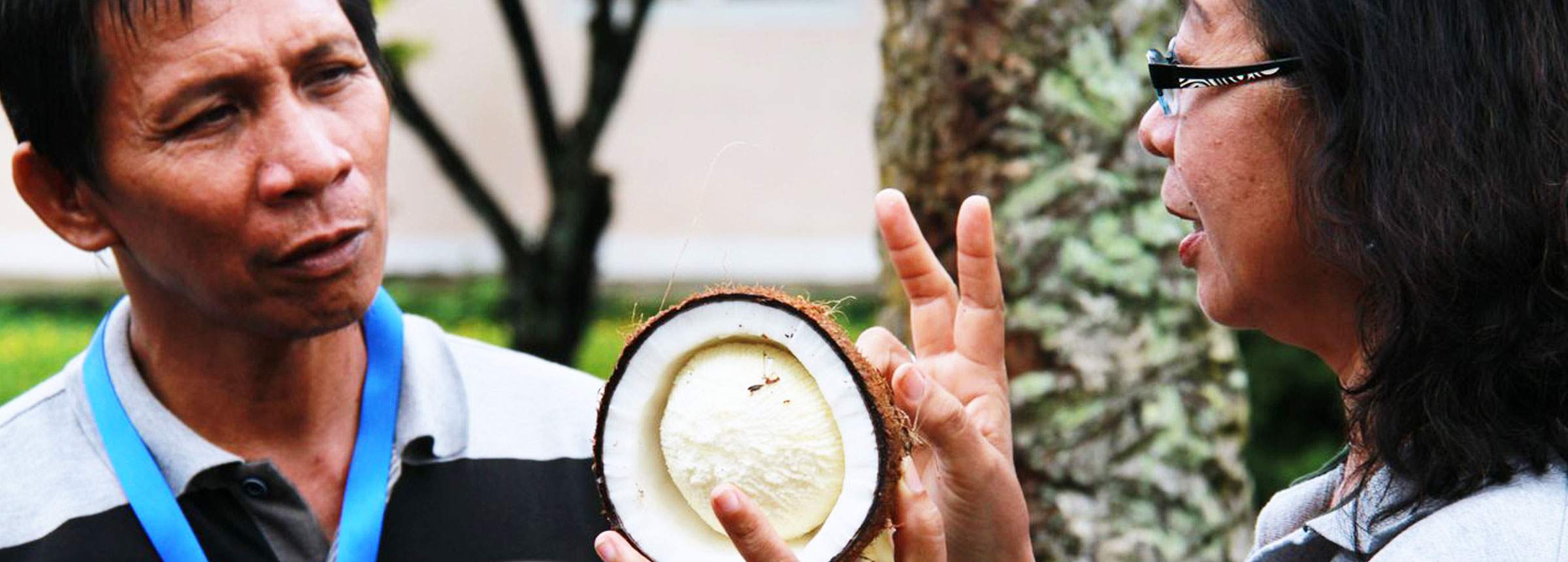
Smallholder Coconut Farmer Empowerment Project 2
The cultivation of coconuts, especially for use in coconut oil, has been an important source of income for Indonesia’s small farmers. Yet a host of factors — including a failure to replace old trees with new seedlings and a lack of effective pest management — has led to reduced production in the country’s South Minahasa…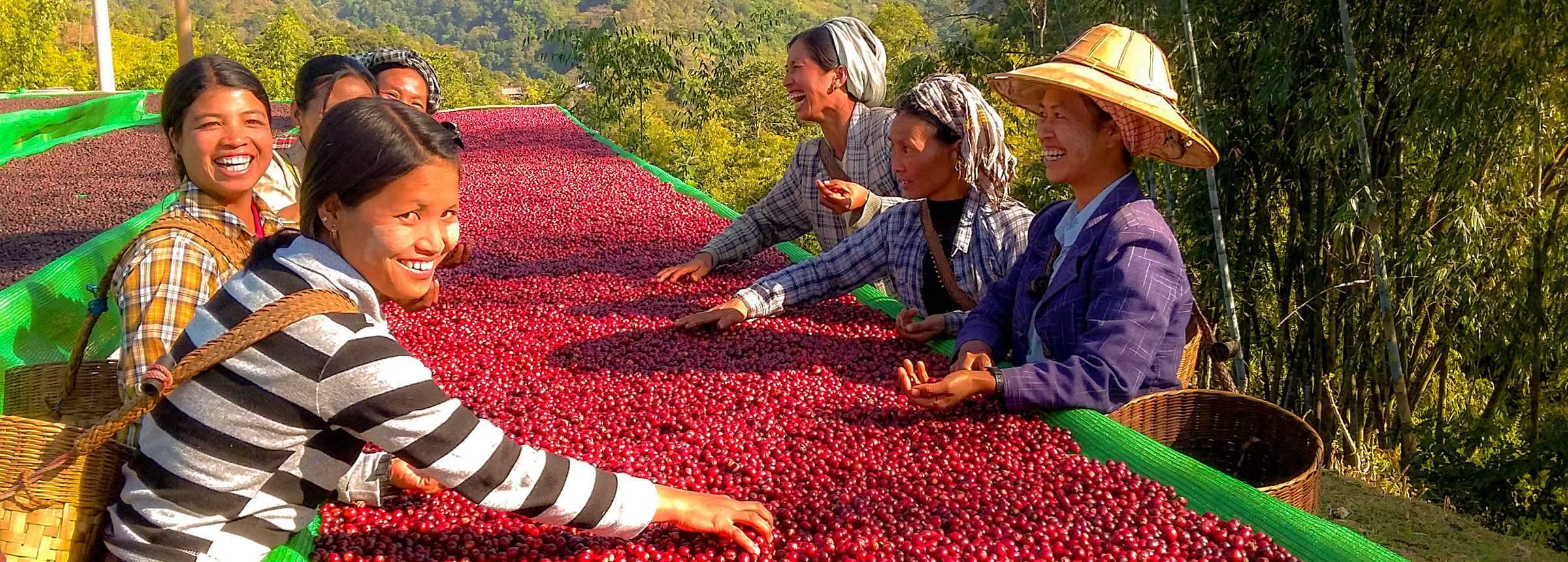
Value Chains for Rural Development in Burma (VC-RD)
Increasing the productivity and profitability of smallholders in Burma has the potential to substantially improve food security and livelihoods in poor, rural communities. USAID’s Value Chains for Rural Development project uses an inclusive, market systems approach to support smallholder producers, farmer groups, agribusinesses and community organizations in the coffee, soybean, ginger, sesame and melon value…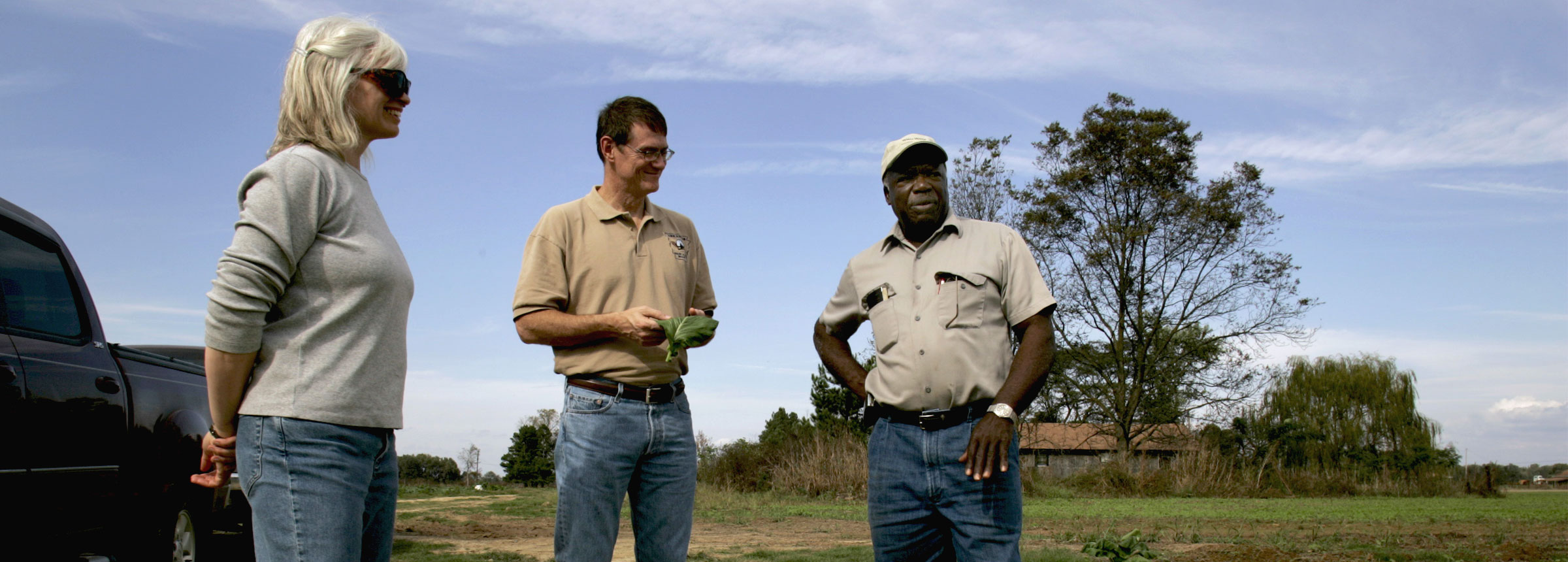
Farmers Market Promotion Program 2014
The availability of fresh and healthy local food often depends on the success of farmers markets. For markets to reach their potential individual vendors and market organizers need training and financial resources to boost sales and awareness. This program provides new and emerging farmers markets in Arkansas with instruction on topics ranging from fundraising to…
Enhancing Capacity to Reduce GHG Emissions from Peatlands and Palm Oil Production within a Jurisdictional Framework
The demand for palm oil has provided vital economic opportunities to many Indonesians. At the same time, the conversion of forests and drainage of peatland to create palm oil plantations is a leading source of Indonesia’s greenhouse gas emissions. Winrock has designed two scalable and replicable pilot projects that demonstrate the feasibility of improving the […]